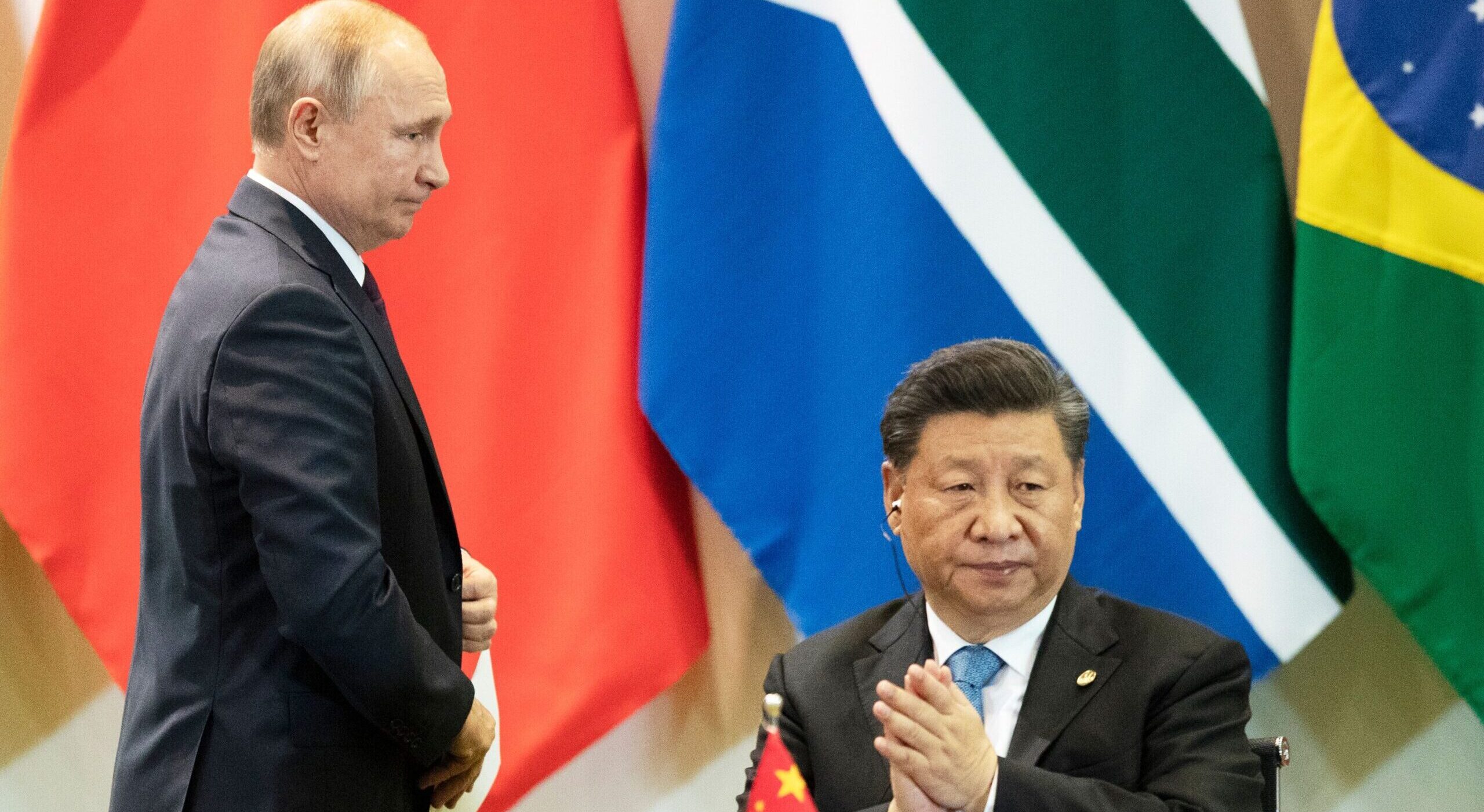Earlier this year, it became fashionable to declare the end of the US dollar and by extension American hegemony. The tip of the spear for replacing the US led world order was supposed to be a new currency that would challenge the greenback and usher in a new multipolar world.
The issuers of this currency — so the rumours went — would be the Brics nations, who would pool their economic power via a gold-backed alternative monetary system. In hindsight, however, it should have been obvious that expectations have always been overblown: the announcement of this new currency was not made by high ranking officials during a Brics summit, but by an employee of the Russian embassy in Kenya.
Next week, Brics leaders will be gathering to discuss America’s influence on global affairs. But recently high ranking officials have poured cold water on the idea of a new currency. India, for example, flat out rejected the idea of giving up its rupee in exchange for monetary experiments. This would leave Russia, China, Brazil, and South Africa to come up with their own currency, but that seems even more unlikely: China’s GDP is almost five times the size of the remaining three countries taken together, which means that what would look like a common currency would in fact be handing over monetary policy to Beijing.
The Eurozone almost broke up during the financial crisis of 2008 because of Germany’s dominance in economic matters and Berlin’s habit of dictating to others what to do. Does anyone seriously believe that Moscow would be more willing to outsource its monetary policy to Beijing than Athens was willing to outsource it to Berlin?
Perhaps the writing was already on the wall when the man who coined the term ‘Brics’ dismissed the idea of a common currency as “ridiculous”. But on a deeper level, it is worth looking at how well these countries are currently faring: China’s economy itself is undergoing serious trouble with declining foreign investments and deflationary pressures. Meanwhile, the Russian central bank is frantically trying to stem the fall of the rouble vis-à-vis the dollar and South Africa is on the brink of entering a recession. None of this bodes well for the idea that those three could create a globally competitive new currency.
As tensions between the US and China are increasing, some countries are falling back in line with Washington. Italy, for example, has just announced that it will leave China’s Belt and Road Initiative, reinforcing Prime Minister Meloni’s commitment to the transatlantic alliance. But it is not just Europeans who take a second look at China. Mexico — despite being led by the Left-wing populist Andres Manuel Lopez Obrador — abandoned its aspirations to join Brics and is seeking an even closer relationship with the United States. The current presidential frontrunner in Argentina, Javier Milei, has also found surprisingly critical words for China: “People are not free in China, they can’t do what they want and when they do it, they get killed […] Would you trade with an assassin?”
To be clear, none of this means that any of the aforementioned countries is willing or has the option of giving up relations with China. It does mean, however, that most countries have no interest in exchanging living under US hegemony for Chinese hegemony, but rather chart their own path in global politics.











Join the discussion
Join like minded readers that support our journalism by becoming a paid subscriber
To join the discussion in the comments, become a paid subscriber.
Join like minded readers that support our journalism, read unlimited articles and enjoy other subscriber-only benefits.
Subscribe